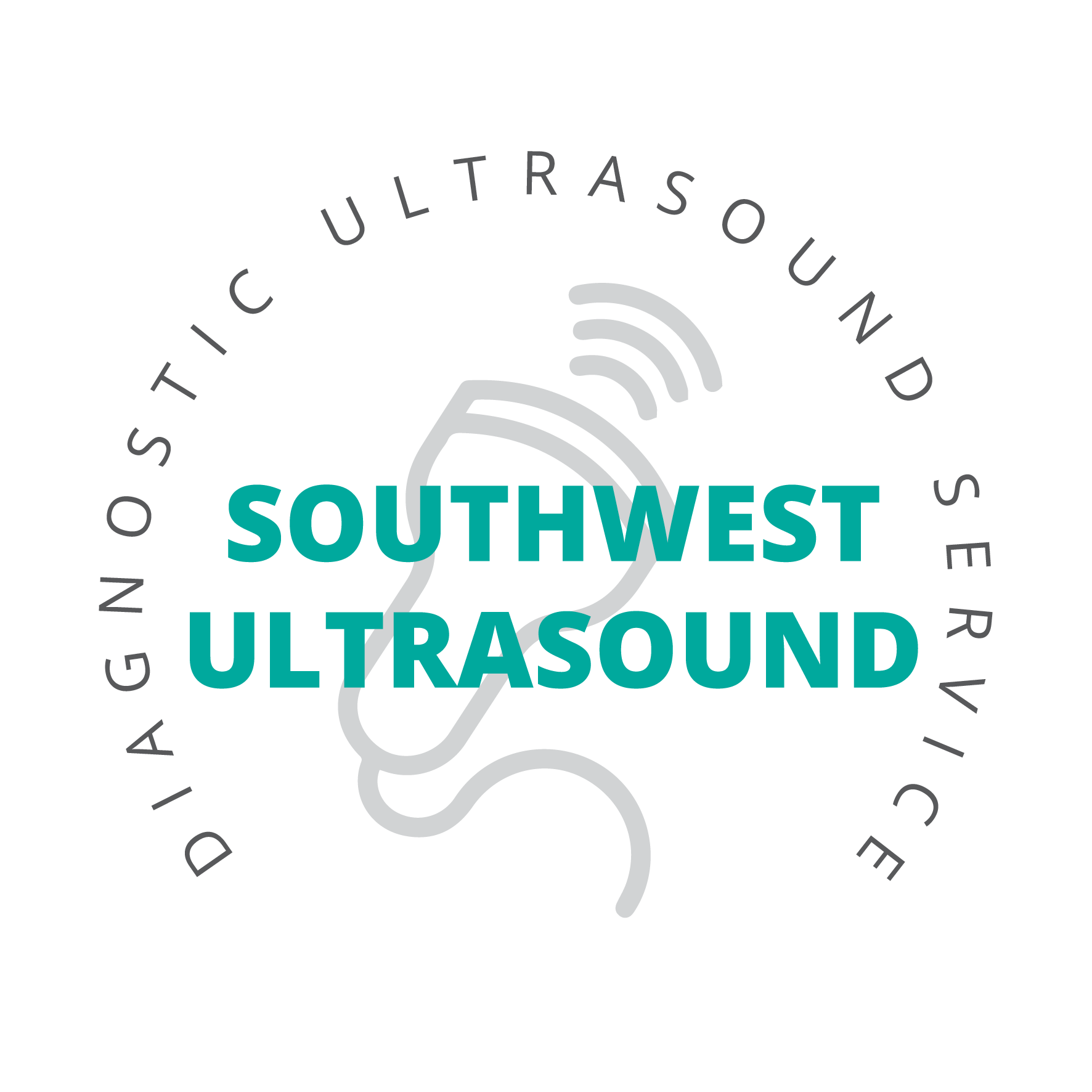Obstetric Ultrasounds
Obstetric Ultrasound refers to a scan of a pregnant woman to assess the development and well-being of her pregnancy. Obstetric ultrasound may be used at various stages of the pregnancy to obtain valuable information about the progress of the pregnancy.
As of the 1st of June 2021, pregnancy and pelvic ultrasounds will incur a private fee (medicare rebate available to medicare card holders). Concession card holders will still be bulk billed for these scans (concession, healthcare or pensioner's card must be presented at the time of their service to be eligible for bulk billing).
Commonly performed obstetric examinations include:
First Trimester Ultrasound (Dating Scan):
First trimester ultrasound is performed in the first three months of a pregnancy.
Your doctor may request this ultrasound for a number of reasons, including:
• Confirming the presence of your baby’s heartbeat
• Confirming the correct dates of your pregnancy
• Determining the number of babies present
• Confirming the location of your pregnancy
• Identifying pregnancies at increased risk of miscarriage or pregnancy loss
• Checking other pelvic organs
• Investigating possible causes of abdominal pain or vaginal bleeding
First Trimester Screening (Nuchal Translucency):
A Nuchal translucency ultrasound (commonly called a 'Nuchal scan', 'NT scan', 'Aneuploidy Screening' or 'Combined First Trimester Screening') is an ultrasound performed strictly between 12 weeks and 13 weeks gestation.
The scan looks at and measures the thickness of your baby’s Nuchal fold, a fold of skin on the back of your baby’s neck. Increased thickness might indicate a chromosomal abnormality, but it doesn’t tell you that your baby definitely has, or doesn’t have, an abnormality. The results will tell you if your baby is at high risk or low risk of chromosomal abnormality in comparison to the general population.It is usually part of a non-invasive risk assessment called Combined First Trimester screening.
Combined First Trimester Screening assesses the risk for your baby having certain chromosomal abnormalities (Trisomy 13, 18 and 21). This testing combines the Nuchal Translucency ultrasound results with specific blood tests. The Nuchal Translucency ultrasound alone can also provide this risk assessment, but it is not as accurate as combined first trimester screening.
Combined first trimester screening is a "screening" test only, and is not 100% accurate.
This test gives us an indication of whether your baby has a high or low risk for chromosomal abnormalities and if further invasive testing is required based on these results.
Second Trimester Ultrasound (Morphology Scan):
A Second Trimester Morphology scan (also known as an 'Anatomy Scan') is performed mid-pregnancy, at around 20 weeks gestation.
Almost all pregnant women have this ultrasound as a routine part of their antenatal (pregnancy) care. The Second Trimester Morphology ultrasound provides detailed images of your developing baby.
There are many aspects of the pregnancy that the Sonographer will assess during this ultrasound to ensure that your baby is developing normally including:
• The baby's anatomy or structure
• Measurements of the baby
• The baby’s heart rate and rhythm
• The number of babies
• The position of the placenta
• The amount of amniotic fluid around your baby
• The uterus, ovaries and cervix
Third Trimester Ultrasound
A third trimester ultrasound is performed in the last part of the pregnancy, usually after 24 weeks gestation.
The third trimester ultrasound is not considered a part of routine antenatal care, and may be requested by your doctor for one of the following reasons:
• Assessment of the baby’s size and well-being.
• Review of the placental and location.
• Investigation of symptoms such as pain, contractions, vaginal bleeding or reduced foetal movements
• Review of the baby’s anatomy.
• Assessment of the position of the baby
• Monitoring of twin/multiple pregnancy
What to bring
• A referral from your doctor or specialist is required for this examination, please ensure you bring this to your appointment (the Ultrasound cannot be performed without a current referral from your Doctor).
• Medicare card and Health Care/ Concession Card (if applicable)
• Previous ultrasound reports for the same pregnancy that were performed elsewhere.
Preparation
Please drink 750ml water (not coffee or tea) at least one (1) hour before your appointment and hold this fluid until after your appointment.
For third trimester ultrasound, less water is adequate.
Do NOT empty your bladder until after the examination.
What to expect during my procedure
Obstetric ultrasounds are generally performed via a Transabdominal approach, however Transvaginal scans may be required to provide more detailed information.
Transabdominal ultrasound
involves scanning through your lower abdomen. The Sonographer who will perform your examination will apply a warm layer of gel to your abdomen/pelvis. This allows for good contact between the skin and the ultrasound transducer.
Transvaginal ultrasound
is an internal ultrasound and involves insertion of a small ultrasound probe into the vagina. It may need to be performed where there is difficulty visualizing specific areas accurately, to assess for a low lying placenta, cervical length or other medical indications.
Transvaginal ultrasound during pregnancy, is safe and will not harm either you or your baby. Your Sonographer will be experienced at performing these ultrasounds during pregnancy.
The Transvaginal scan is performed with an empty bladder and patient discomfort is minimal. The small sterilized probe (about the same diameter as a thumb), is covered with a protective cover and lubricated with gel before being inserted a short distance into the vagina.
Your privacy will always be respected during ultrasound examinations, and you will always have a choice about whether the Transvaginal ultrasound is performed. Please discuss any concerns you may have about the scan with the Sonographer before your scan is performed.
Can an ultrasound detect all problems or abnormalities in my baby?
Ultrasound can assess your baby’s development with great detail, but it cannot detect all problems or all abnormalities.
Having your ultrasound in a practice with high standards of expertise and experience such as Southwest Ultrasound, will improve the chance of detecting abnormalities. Unfortunately, a normal ultrasound does not guarantee that your baby will be normal nor does it guarantee that you or baby will not develop complications during your pregnancy.
Routine ultrasound is one of the best methods we have of checking your baby and helping detect if you are at increased risk of certain pregnancy complications. A normal ultrasound is reassuring for parents and doctors, but it is not perfect.
Can I find out the sex of the baby?
The gender of the baby can usually be determined at the second trimester ultrasound.
It is worthwhile remembering that pregnancy ultrasound is performed primarily to check the health of the mother and child, the Sonographer has many important things to focus on, and it is not always possible to establish your baby’s gender with certainty. The position of your baby as well as other factors may hinder the ultrasound’s view of this area of the baby.
If you want to know the sex of your baby, please tell your Sonographer at the beginning of the examination. This will give us more opportunities to establish the gender of your baby.
If you do not want to know the sex of your baby, please also tell your Sonographer at the beginning of the ultrasound.
Who can I bring to my pregnancy ultrasound?
Pregnancy is an exciting time for couples, families and friends, and we understand that your ultrasound is an opportunity to bond with your growing baby. You may also wish to bring your partner or another support person to share this special time. Different children can find ultrasounds entertaining, exciting, boring or distressing being in a dark room with strangers examining their mother. If you wish to bring young children, you should bring help from another adult so there is someone to look after them if needed.
We aim to make your experience at Southwest Ultrasound memorable and enjoyable, however it is important to remember that your ultrasound is primarily a medical examination and ask that you keep this in mind when planning your visit.
Will I be provided pictures of my baby?
We will give you images of your baby so you can share them later with your family and friends.
These will usually be images that you can recognize, for example, the baby’s face or hands.
How much time should I allow for my pregnancy ultrasound?
You should try to arrive for your ultrasound at least 10 minutes before your scheduled appointment time. This will enable you to relax before your scan and complete patient information forms at reception.
If you are late, your appointment may need to be re-scheduled to the next available time.
Depending on the scan type you should allow between 30 -45 minutes for your examination, this is usually adequate time for your ultrasound to be performed and reviewed.
Risks and side effects
Ultrasound uses high-frequency sound waves to produce images, there are no known side effects from having a diagnostic ultrasound scan performed for medical imaging purposes.
The Sonographer applies techniques to ensure that your scan is a safe procedure. For this reason, your scan should only be performed by an accredited Sonographer, or trained medical practitioner, and a scan should only be performed when clinically indicated.
Who will perform and report my examination
At Southwest Ultrasound your ultrasound examination will be carried out by a Sonographer (a technologist trained in ultrasound imaging) and accredited by the Australian Sonographer Accreditation Registry (ASAR). Your images will be reviewed and reported by a radiologist (a medical doctor specializing in the interpretation of medical images).
How do I receive my results?
Results will be made available to your referring doctor within 24 – 48 hours. In an emergency situation, you referring doctor will be contacted.

